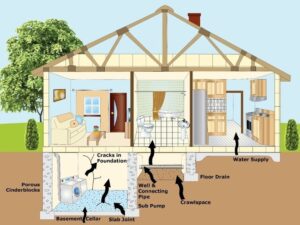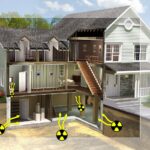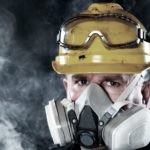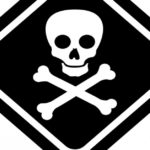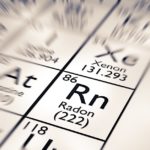Radon is a naturally occurring radioactive gas that is the leading cause of lung cancer among non-smokers, responsible for 21,000 lung cancer deaths a year. Radon can rise to dangerous levels when it becomes trapped inside your home or other buildings, often collecting in the highest amounts on the lowest levels.
Experts recommend testing for radon during the colder months because radon levels are historically found to be higher. There are many factors that affect radon levels including shifting climatic conditions, temperature, atmosphere pressure, precipitation and construction.
As the days grow shorter and colder, there are a few reasons why there is usually more radon found. The biggest factor is closing the windows to keep out the cold air. However, there are cracks in everyone’s home, no matter how much you work to seal them. As warm air rises and escapes from the roof of your home, it creates suctions to bring in new cold air to replace it. The cold air entering our home from below also brings in radon particles. This is completely normal, but important to understand the process.
The fact that radon accumulates in enclosed areas and people are in their homes more during the winter, means the colder months are the best time to test. There are a lot of variables to consider, and radon levels change substantially and often (which is again… totally normal). Most people test for radon when they move into a house and then never again. You wouldn’t test for carbon monoxide only one time, you should be doing regular testing for radon as well.
Its recommended by the National Center of Environmental Health to test at least every 2 years, stop or discourage smoking in your home, increase air flow throughout the house, seal cracks in floors and walls. Its always best to call in a professional – especially when dealing with a carcinogen. Give us a call for a free consultation.


